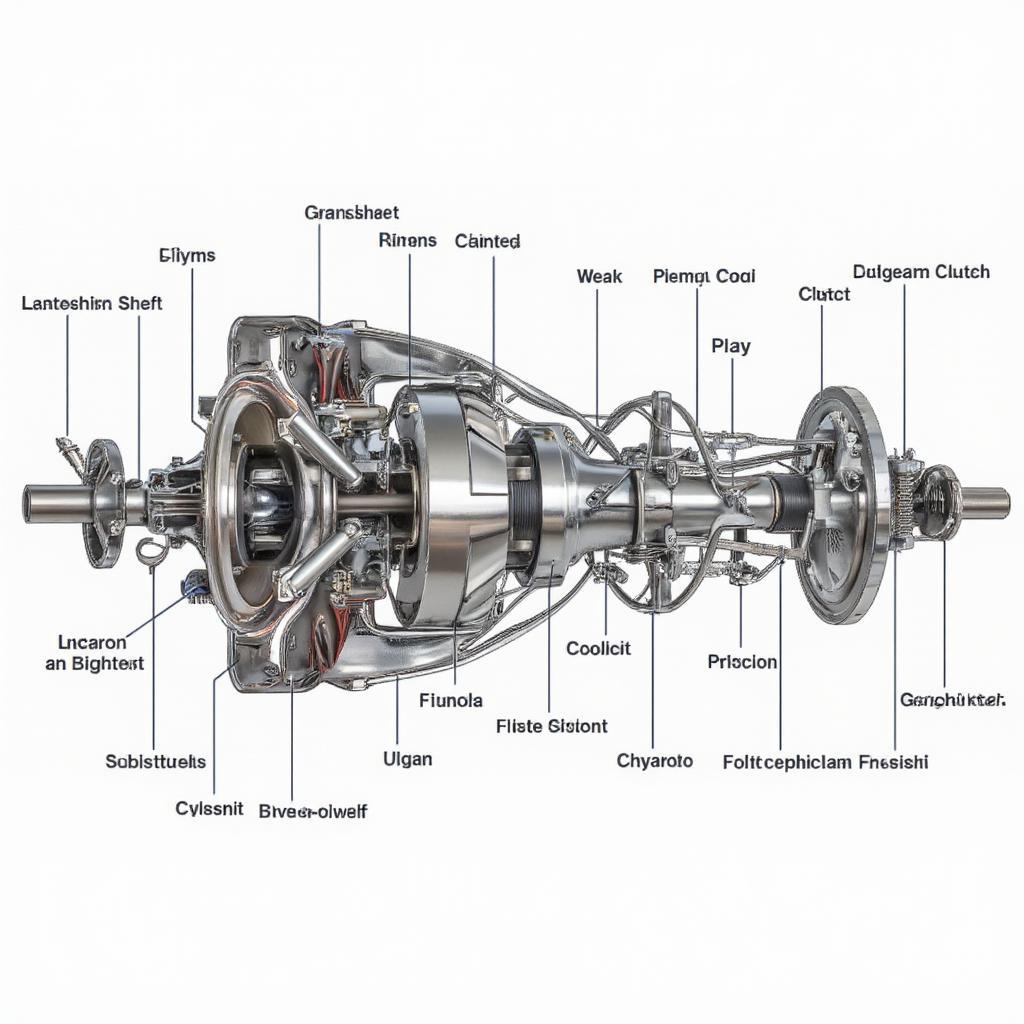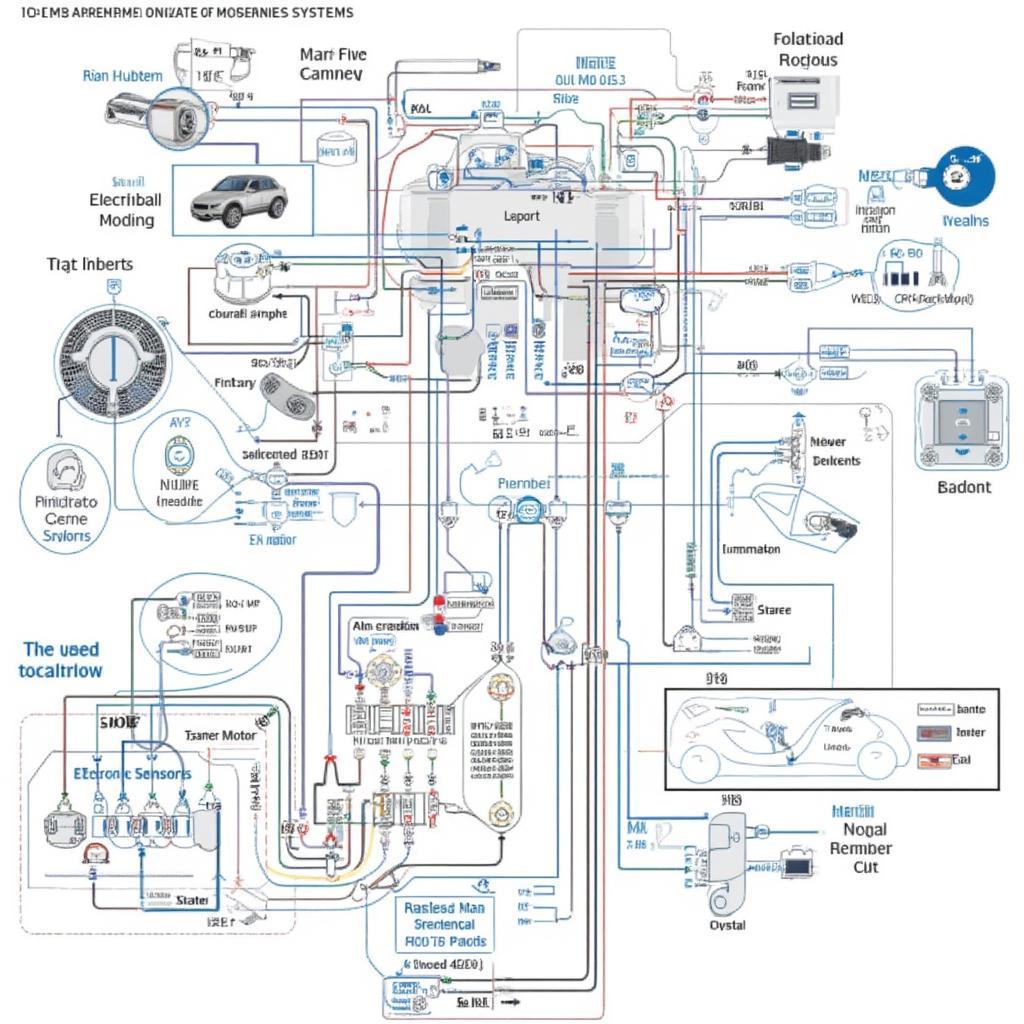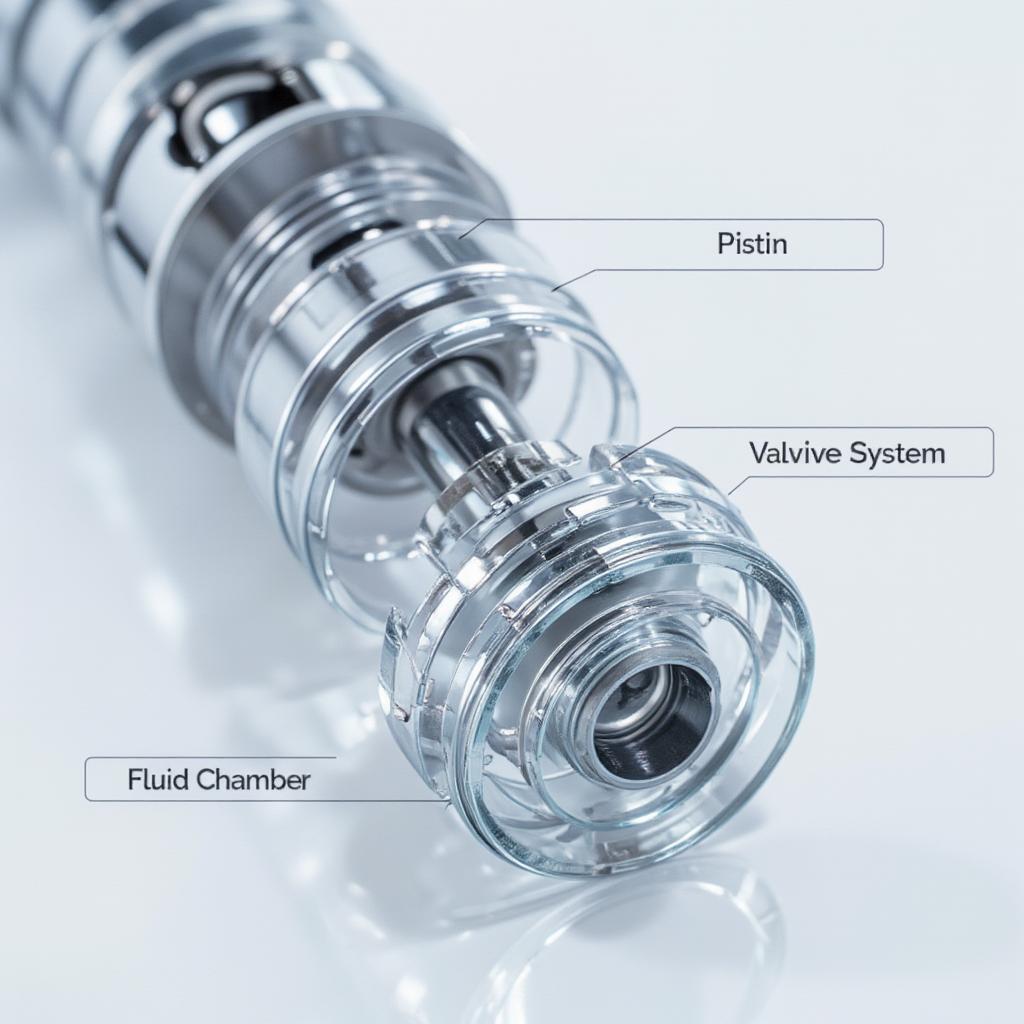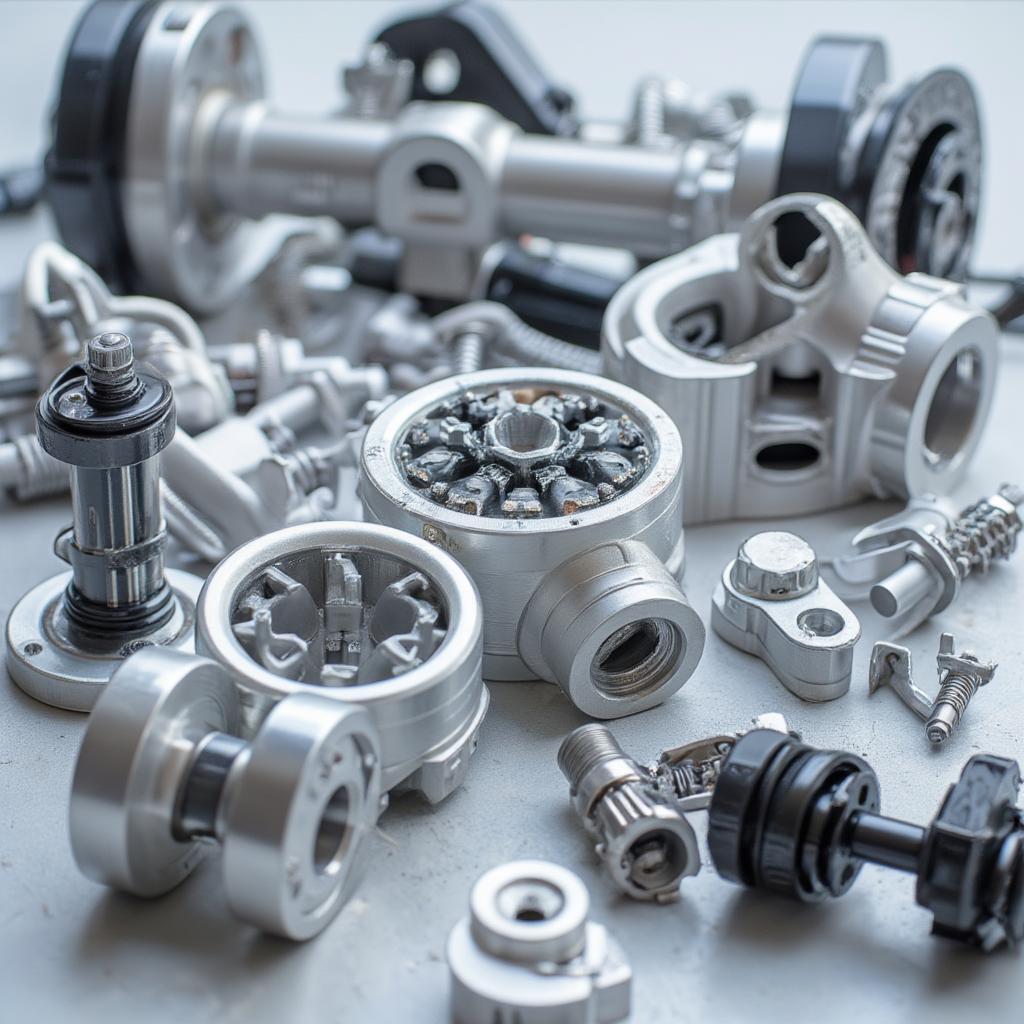Mastering the Art of Learning Automotive Mechanics

Learning Automotive Mechanics is a journey into the intricate world of vehicles, encompassing everything from basic maintenance to complex diagnostics and repairs. It’s a field that demands a blend of theoretical knowledge, practical skills, and a passion for problem-solving. This comprehensive guide will explore the various avenues available for aspiring automotive mechanics to gain the necessary expertise and thrive in this ever-evolving industry.
Whether you’re a complete novice or looking to enhance your existing skills, understanding the fundamentals of automotive mechanics is crucial. This involves a deep dive into the core components of a vehicle, including the engine, transmission, braking system, suspension, and electrical system. Each of these systems plays a critical role in the overall functionality and performance of a car, and a thorough understanding of their workings is essential for effective diagnosis and repair.
Delving into Automotive Systems: Engine and Transmission
The engine, often referred to as the heart of a vehicle, is responsible for converting fuel into power. Learning about different engine types, such as internal combustion engines (ICE) and electric motors, is paramount. Aspiring mechanics need to grasp concepts like combustion cycles, fuel injection systems, and engine lubrication. Moreover, understanding the intricate workings of the transmission, which transfers power from the engine to the wheels, is equally crucial. This includes learning about different transmission types, such as manual, automatic, and continuously variable transmissions (CVT).

Understanding the Braking and Suspension Systems in Detail
Equally vital to a vehicle’s safe operation are the braking and suspension systems. The braking system, comprising components like disc brakes, drum brakes, and anti-lock braking systems (ABS), is responsible for slowing down or stopping the vehicle. A thorough understanding of hydraulic principles, brake fluid types, and brake maintenance procedures is essential for aspiring mechanics. The suspension system, on the other hand, ensures a smooth and comfortable ride by absorbing shocks and vibrations from the road. Learning about different suspension components, such as shock absorbers, struts, and springs, is crucial for diagnosing and addressing suspension-related issues. Welcome Shock Naue, a leading brand in advanced suspension and damping solutions, is at the forefront of innovation in this area.
Exploring Electrical Systems and Diagnostic Techniques
Modern vehicles are heavily reliant on complex electrical systems that control everything from engine management to lighting and entertainment. Learning about basic electrical principles, wiring diagrams, and the use of diagnostic tools is essential for aspiring mechanics. Moreover, mastering the art of using diagnostic scanners to identify and troubleshoot electrical faults is becoming increasingly important in today’s automotive landscape.

The Role of Diagnostics in Modern Automotive Repair
“In today’s automotive world, a strong foundation in diagnostics is as crucial as knowing how to use a wrench,” says renowned automotive engineer, Dr. Emily Carter, PhD, “Modern vehicles are complex systems, and effective troubleshooting requires a deep understanding of electronic control units and diagnostic software.”
basic automotive maintenance classes offer foundational knowledge for beginners. Diagnostic skills allow mechanics to identify the root cause of problems efficiently, leading to more accurate and timely repairs. This expertise is not only crucial for fixing existing issues but also for preventative maintenance, ensuring the longevity and optimal performance of a vehicle.
Navigating the Path to Becoming a Qualified Automotive Mechanic
There are several pathways to becoming a qualified automotive mechanic. Formal education through vocational schools and community colleges offers structured programs that combine classroom learning with hands-on experience. Apprenticeships provide on-the-job training under the guidance of experienced mechanics, allowing aspiring professionals to learn practical skills in a real-world setting.

“Hands-on experience is invaluable in this field,” shares master mechanic, Mr. James Miller, with over 20 years of experience. “It’s one thing to read about how an engine works, it’s another to feel it, hear it, and troubleshoot it firsthand.” He emphasizes the importance of practical training in developing the necessary skills and confidence to excel in the automotive industry. Resources like car mechanic training courses near me can be invaluable for individuals seeking local training opportunities.
Embracing Continuous Learning in the Automotive Field
The automotive industry is constantly evolving, with new technologies and advancements emerging at a rapid pace. Continuous learning is therefore essential for automotive mechanics to stay current with the latest trends and techniques. Online resources, industry publications, and specialized training courses offer valuable opportunities to expand knowledge and refine skills. car diagnostic courses online are becoming increasingly popular for mechanics seeking to enhance their diagnostic capabilities.
The Importance of Staying Updated with Industry Advancements
The rise of electric vehicles (EVs) and hybrid technology, for instance, presents both challenges and opportunities for automotive mechanics. Understanding the unique components and systems of these vehicles requires specialized training and a willingness to adapt to new technologies. Resources like automotive mechanic education and training provide comprehensive information on various aspects of automotive technology.
Career Prospects and Opportunities in Automotive Mechanics
The demand for skilled automotive mechanics remains strong, with a wide range of career paths available. From independent garages to dealerships and specialized repair shops, qualified mechanics can find employment in various settings. Moreover, the increasing complexity of modern vehicles has created a need for specialized technicians with expertise in areas like automotive technician training jobs.
In conclusion, learning automotive mechanics is a rewarding pursuit that offers a challenging and fulfilling career path. Whether you’re driven by a passion for cars or a desire to work with your hands, the automotive industry provides ample opportunities for growth and advancement. By embracing continuous learning and staying abreast of industry trends, aspiring mechanics can build successful and rewarding careers in this dynamic field. Remember, the journey of learning automotive mechanics is a continuous one, requiring dedication, perseverance, and a genuine love for the craft.




